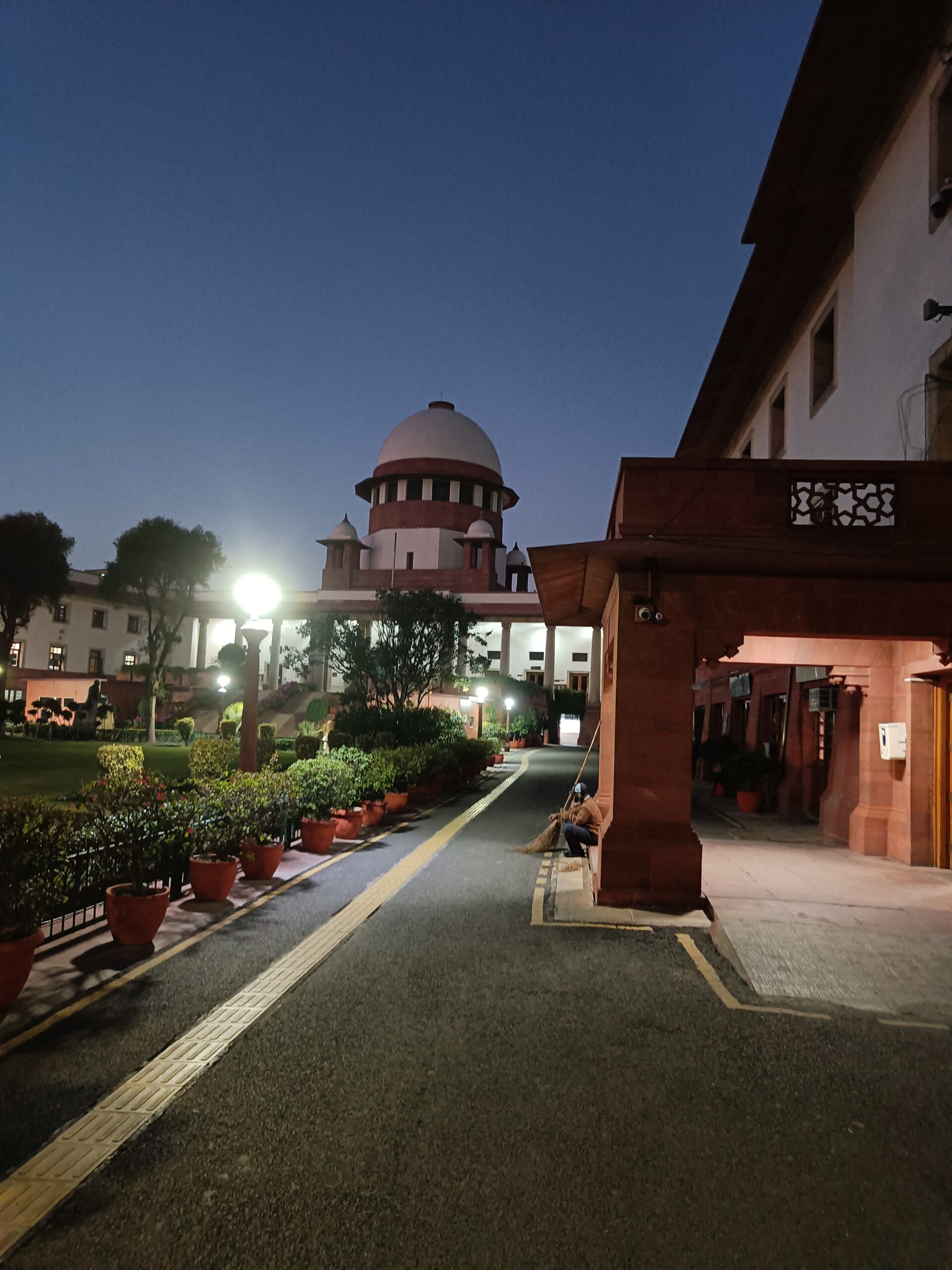The Supreme court has stated that contractual service for pension cannot be treated at par with temporary service for the calculation of pension.
The Supreme Court of India has heard the appeal made by the Director General of Doordarshan Prasar Bharti Corporation of India and another against the High Court of Gujarat at Ahmedabad’s judgment in a writ petition filed by Smt. Magi H Desai. The High Court had directed that the services rendered by Desai on a contractual basis should be counted as temporary service for calculating qualifying service for pensionary benefits.
The Supreme Court observed that the services rendered by Desai as a contractual employee could not be treated as temporary service, as she had worked as a casual employee until her services were regularized in 1995. The proviso to Rule 13 of the Central Civil Services (Pension) Rules, 1972 would not apply to her services as a contractual employee. The appeal was allowed.
“Now so far as the submission on behalf of the respondent that in
other departments under the scheme the employees of such
departments are entitled to their services rendered as casual/contractual
counted for qualifying service for pensionary/service benefits is
concerned, merely because some other departments might have such
schemes, the respondent shall not be entitled to the same benefit in
absence of any scheme in the appellants’ department/department in
which the respondent rendered her services. The appellant –
Doordarshan Prasar Bharti Corporation of India is an autonomous
independent department/body. As observed hereinabove, neither the
rule nor the regularisation scheme provide that services rendered as
casual/contractual shall be treated as temporary service and/or the
same shall be counted for the purposes of pensionary/service benefits.
